Selling assets as a limited company involves a detailed understanding of tax implications, specifically in relation to capital gains. Unlike individuals, limited companies are subject to corporation tax, not capital gains tax (CGT) on the profits made from selling assets.
The sale of assets requires careful consideration and planning. By accurately calculating chargeable gains and understanding the allowances applicable, you can navigate these transactions effectively.
This guide aims to provide clarity on the process, ensuring your company remains compliant while optimising its tax position.
The basics
When a limited company sells an asset for more than its purchase price, the profit is termed a ‘chargeable gain’. These gains are not taxed under CGT but are incorporated into the company’s taxable profits and subject to corporation tax. Currently, companies pay between 19% to 25% corporation tax depending on their taxable profits.
If a limited company makes a loss on the sale of an asset, that loss can be offset against other chargeable gains, potentially reducing the business’s corporation tax liability.
Nevertheless, such losses can only be set against chargeable gains, not against the company’s broader taxable income. Also, if capital allowances have been claimed on the asset, the loss amount that can be claimed is reduced accordingly.
Calculating chargeable gains
Chargeable gains for a limited company refer to profits made from the sale of company assets such as:
- land
- property
- equipment
- machinery
- shares.
The process for calculating these gains is somewhat similar to calculating CGT for individuals, with the company needing to determine the profit made on the sale of an asset.
The calculation of chargeable gains involves subtracting the purchase price of the asset and any associated costs of improvement or sale from the sale price.
Importantly, for assets acquired before December 2017, you can adjust the gains for inflation using the HMRC indexation allowance. However, this allowance was frozen in December 2017, meaning no inflation adjustment is available for assets sold after this date.
No annual exemption
It’s vital to highlight that limited companies do not benefit from an annual exempt amount, a tax-free allowance given to individuals and some trustees. All gains realised by a company are subject to corporation tax without any exemption threshold.
Compliance
Understanding and adhering to these rules is paramount for tax compliance and strategic financial planning. Limited companies must record the purchase and sale details of assets, calculate chargeable gains accurately, and apply any relevant reliefs or allowances. Proactive tax planning, possibly with the aid of a professional, can significantly impact your company’s tax burden and financial health.
Get help
As an accountancy firm with a focus on supporting limited companies, we understand the complexities of managing and optimising tax liabilities associated with selling assets.
Our team of experts can guide you through the process of calculating chargeable gains, ensuring compliance with current tax laws, and identifying opportunities for tax efficiency.
We provide tailored business tax advice and assist in strategic planning to help minimise your corporation tax liability. By partnering with us, you can confidently work through the tax implications of asset sales, allowing you to focus on growing and managing your business effectively.
Talk to us about selling your business assets.







